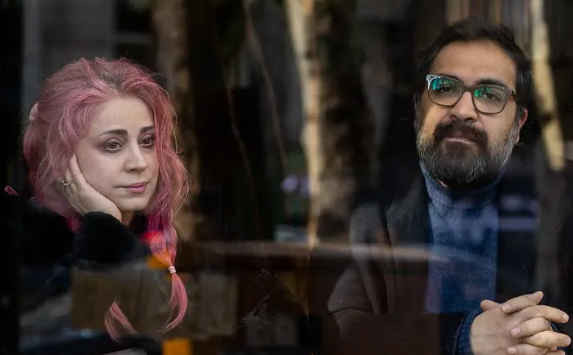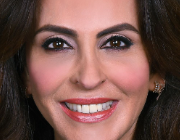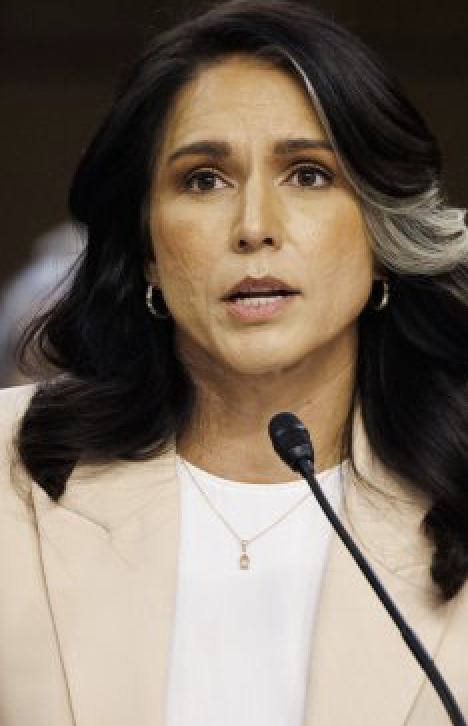349 seats.
The one male to win election is a member of the main party in the governing coalition. The three women are all in the opposition.
Two of the opposition members had already been serving in the Riksdag; the other two were elected for the first time in the national elections held September 19.
The one male, Hanif Bali, 23, came to Sweden at the age of three as an unaccompanied refugee and was reared over the years in 12 foster homes. He lists his religion as agnostic. He is a member of the Moderate party that has led the governing coalition and is expect to lead it again when a new cabinet is formed.
The cabinet formation has been delayed because an extreme right-wing party that campaigned against immigration entered parliament for the first time by winning 20 seats. As a result, neither the governing coalition nor the opposition coalition has a majority—and neither coalition is willing to deal with the anti-immigrant Sweden Democrats. The cabinet is, therefore, expected to be a minority one.
Amineh Kakabaveh, 40, was re-elected to the parliament from the Left party, which at one time was the communist party. She has served in the Riksdag since 2008. Her party is part of the opposition Red-Green coalition.
The main party of the opposition is the Social Democratic Party, which has been the ruling party in Sweden for most of the last century, but has been slipping in recent years. It sent two Iranians to the Riksdag.—Maryam Yazdanfar, 30, who has served in parliament since 2006, and Shadiye Heydari, 43, who was just elected for the first time.
Heydari serves on the City Council in Goteborg. The other three were all elected from the Stockholm area.
Sweden prides itself on its diversity and most Swedes were appalled when the anti-immigrant Sweden Democrats got almost 6 percent of the national vote in the recent elections. One member of the outgoing cabinet is a black women who was born in Burundi and came to Sweden at the age of 12.























